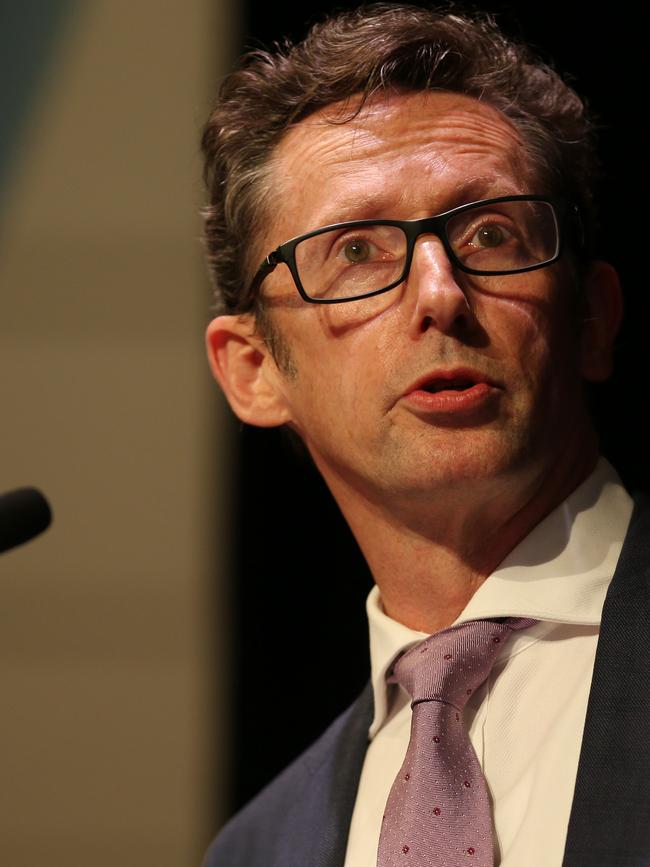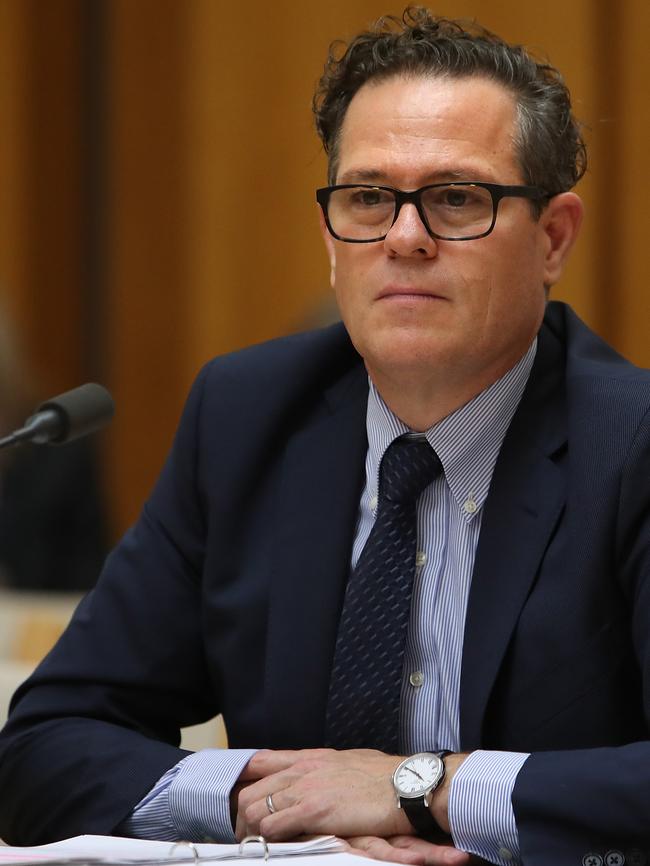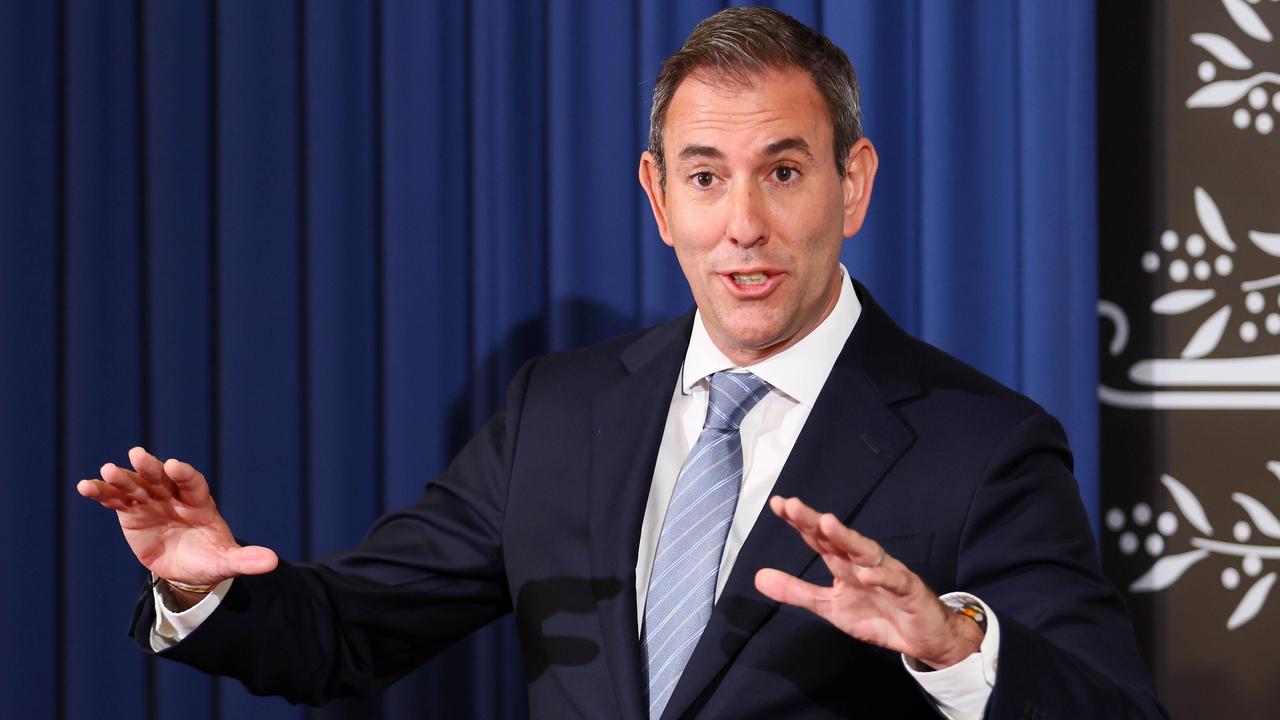Australian federal budget 2023 reveals major updates to superannuation and ATO
Unpaid super costs Aussie workers up to $4.7bn a year – here’s what the Albanese government is doing to claw back some of that money back from employers.
Federal Budget
Don't miss out on the headlines from Federal Budget. Followed categories will be added to My News.
The Australian Taxation Office will be given $40m to hunt for unpaid superannuation that bleeds Australian workers of as much as $4.7bn a year.
This will include $27m for the ATO to improve data matching so it can identify and pursue employers who fail to pay their superannuation bills on time – or at all.
The ATO has also been told it should increase the bills it sends out for late or unpaid super under the super guarantee scheme, from $946m this year to almost $1.2bn by 2026.
As part of a focus in the budget on putting more super in the accounts of ordinary workers, from 2026 employers will also be required to pay super at the same time as they pay wages.
The government expects the move will result in bigger retirement nest eggs for about 8.9m Australians, including young and low-income workers who are most likely to suffer from unpaid super.
Starting this year, the government will also fund a major crackdown on large unpaid tax and super bills owed by medium and large businesses, which is predicted to net $440m over the four years to 2027.

The changes are on top of a controversial, previously announced increase in tax paid by people with super fund balances over $3m, which Treasury predicts will bring in $2.3bn in 2027, the first full year after the increase takes effect.
Treasury said aligning super payments with pay cycles “will increase retirement incomes through greater compounding returns” as well as making it easier and quicker to track down employers who fail to pay on time.


“These changes will improve retirement outcomes for about 8.9 million employees, including for young and low-income workers who are most likely to have unpaid super,” it said.
Industry estimates of the value of the extra interest payments vary from between $6000 and $8000 in extra super at retirement for the average 30-year-old worker.

Payday super was previously opposed by employer bodies but last month the Australian Chamber of Commerce and Industry gave in-principle support to the idea.
Many large companies already pay super weekly or fortnightly, in line with their pay runs, but many Australian workers still receive their employer contribution quarterly.
The changes were welcomed by big super funds.
“This budget delivers a big win for the three million mostly young and lower-paid Australians unfairly deprived the super they’ve earned, and will give them a better shot at building a good nest egg for retirement,” Industry Super Australia chief executive Bernie Dean said.

“Aligning payment of super and wages won’t just help workers – it’s an all-round winner, boosting government revenue, lifting investment returns by super funds and putting all employers on a level playing field.”
Plans to increase tax on earnings made by people with big super balances caused a political storm when they were unveiled earlier this year.

Under the change, which applies from July 1, 2025, earnings that come from the part of an account balance that is more than $3m are taxed at 30 per cent, instead of the 15 per cent rate that normally applies to super funds.
Treasury estimates about 80,000 people will initially have to pay extra tax as a result, but the number of people slugged will rise over time because the $3m figure is not indexed to inflation.


